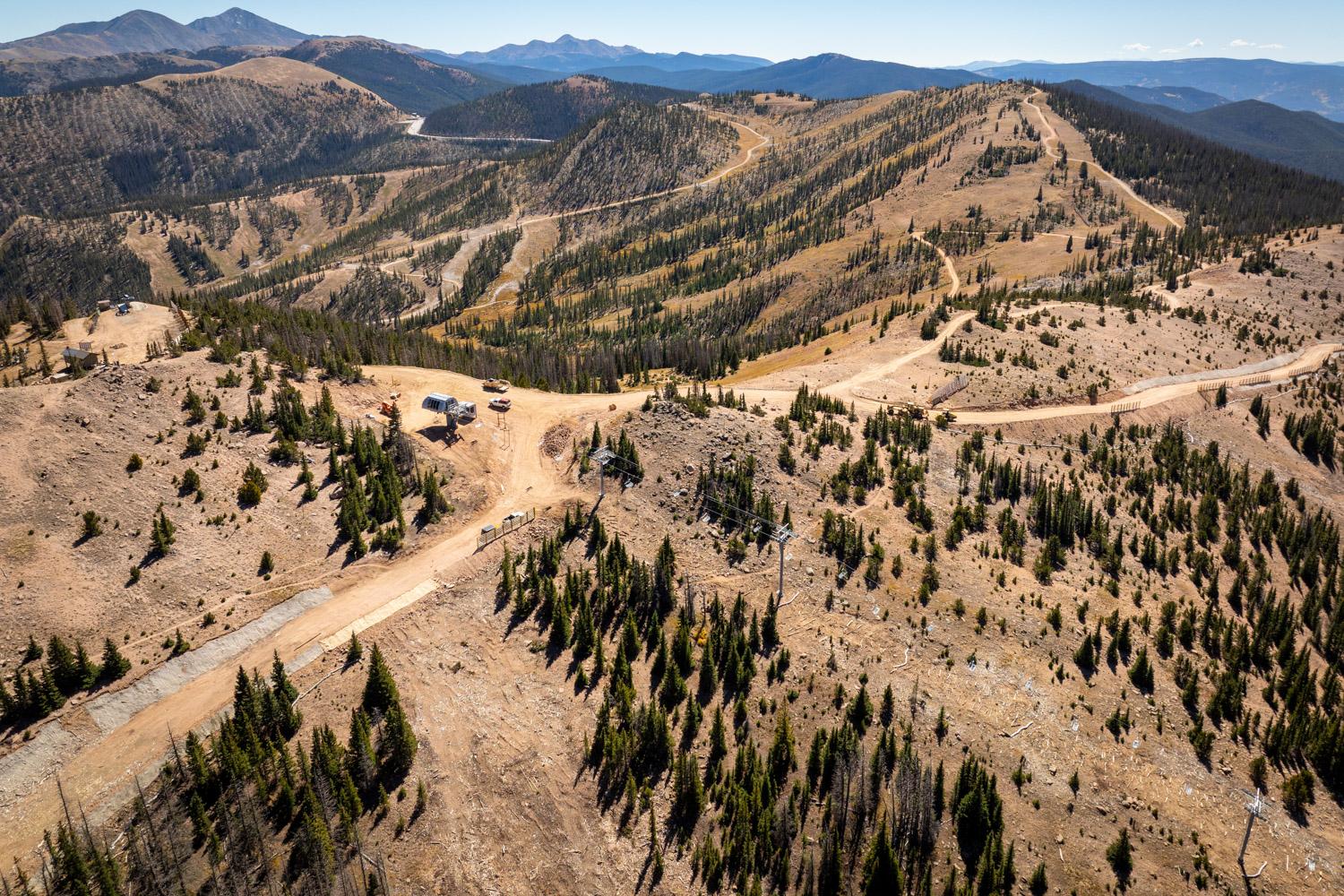

Colorado has a new source for news and it was born out of the newsroom spasms of the venerable Denver Post.
The dust had barely settled from the latest round of hedge fund mandated layoffs when the resignations started. Top reporters and editors began announcing on Twitter they were leaving. No one seemed to know where they were going. The answer is an online news startup called The Colorado Sun.
Now, the hard part: “Build something impressive, do great work, and do journalism that people value and that they will want to support,” said co-founding editor Larry Ryckman.
The quick details:
- Two years of funding, provided as a grant from blockchain venture capitalists
- Digital-only
- In-depth news and long-form stories
- No paywall to start (maybe)
- Targeting to launch in July, but probably August
The Sun’s reporters and editors are the “A-Team of A-Teams,” said former Post reporter, now Colorado Sun staffer, Jason Blevins. “And when they come knocking, you answer the door.”
The debut staff includes Blevins as well as reporters John Ingold, Kevin Simpson, Tamara Chuang and Jennifer Brown; editors Ryckman and Dana Coffield and web developer Eric Lubbers — all former Post stalwarts who have signed on with the startup venture.
“We don’t, I don’t see this as wanting to be some, like, ‘we’re going to show them,’ ‘we’re going to get back at them,’ or ‘we’re angry with them’ as much as this is kind of a defense of journalism and storytelling and doing it the right way,” Blevins said.
The last few weeks have been a big swing of emotions. “You know it’s a little surreal, honestly it’s exciting,” Ryckman said.
His resignation from the Post came after he was told not to identify the paper’s hedge fund owner, Alden Global Capital, in a story about fallout from the layoffs.
Ryckman was approached by a group called Civil, a startup that wants to test a unique blockchain system for sustaining journalism. Ryckman said Civil wasn’t just offering a platform, it was offering real money.
What does Civil get out of its investment? It’s using The Colorado Sun to prove that its blockchain system works for journalism. Basically, Civil uses virtual tokens as a stake in ownership, kind of like shares in a company. In this case, the token is Ethereum blockchain-based.
The Colorado Sun will be journalist-owned, but readers can buy tokens in the wider Civil community of publications to financially support and influence what is covered. Those tokens could become more valuable as the news sites become profitable.
Civil said there are rules in place to be sure one person can’t secure total control of publications and delete or alter their content. Civil Media Company CEO Matt Iles admits this is a little out there and difficult to understand.
“It’s a risk. Are we absolutely certain it’s going to work? No. Are we absolutely certain that something needs to be tried, and that it should be pretty different? Yeah. So we’re committed to taking a swing at something that’s pretty radically different and that we obviously believe in.”
If the blockchain technology underlying The Colorado Sun works as envisioned it will decentralize ownership, solving the dual problems of capricious newsroom layoffs unmoored from profitability, as seen with Alden Global, or the temporary deleting of archives as seen when billionaire John Ricketts shut down DNAinfo and Gothamist.
The larger problem still persists: creating local journalism people will fully support with their dollars.
Ryckman envisions $5 a month as an introductory rate. It’ll be paid for by a credit card like any other news site, no need to shell out any cryptocurrency (like Bitcoin). The Denver Post charges $12 a month for unlimited digital access.
However, if readers like what they read and “want to give us $20 or $50 or $100 or $1,000, we’d be more than happy to take it and put it to good use,” Ryckman said.
The Colorado Sun won’t have online advertising, or a paywall, though Ryckman admits they haven’t pinned all the details down yet.
What is certain is they have enough money for two years.
“That’s more than a fighting chance,” he said. “And that’s more than a fighting chance than we ever had under Alden Global Capital.”
Still, it won’t be easy. Their chief competitor, The Denver Post, is a 125-year-old paper with strong name recognition and a staff of about 60. Even in its hobbled state, it’s the dominant news source around Colorado — for now.









